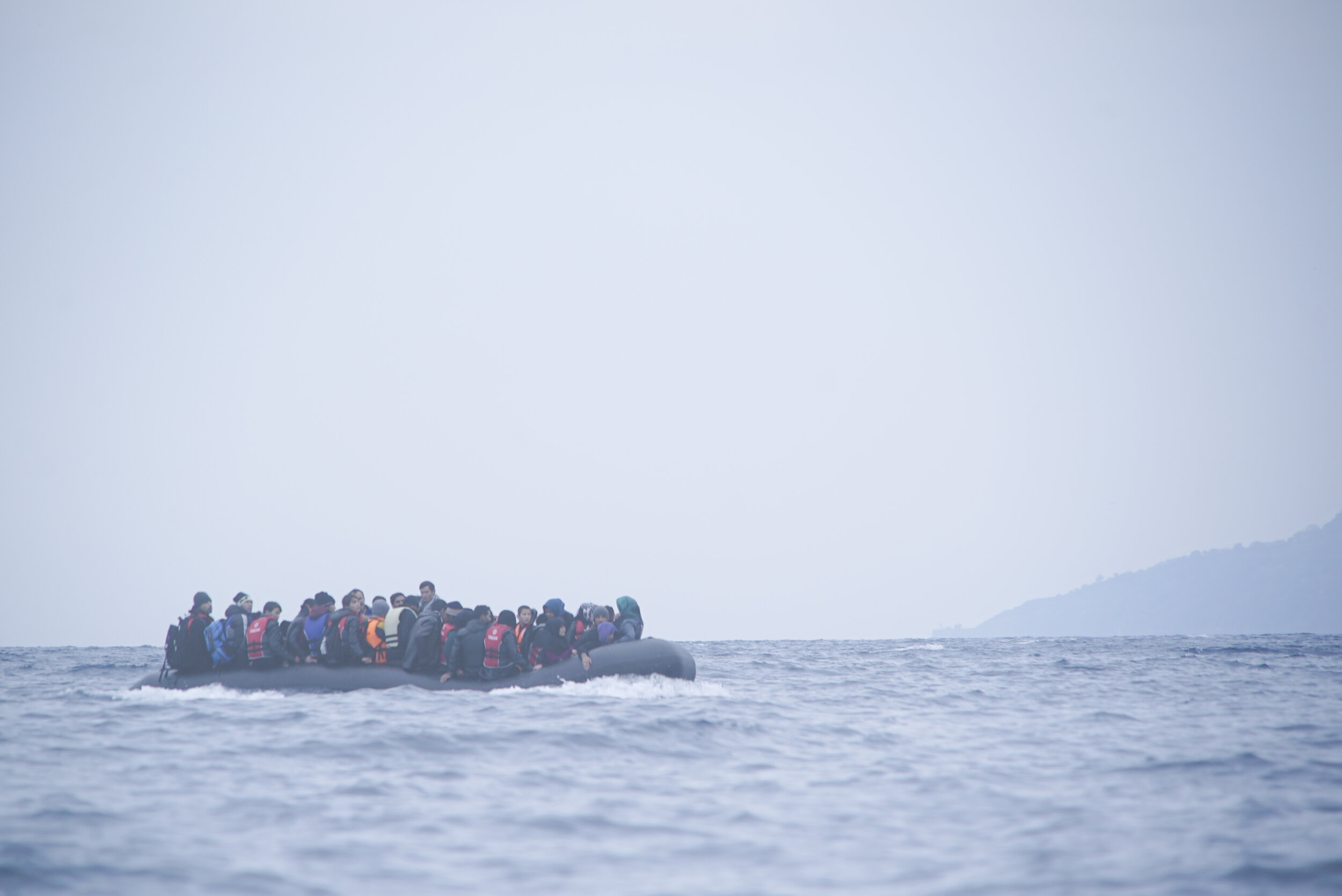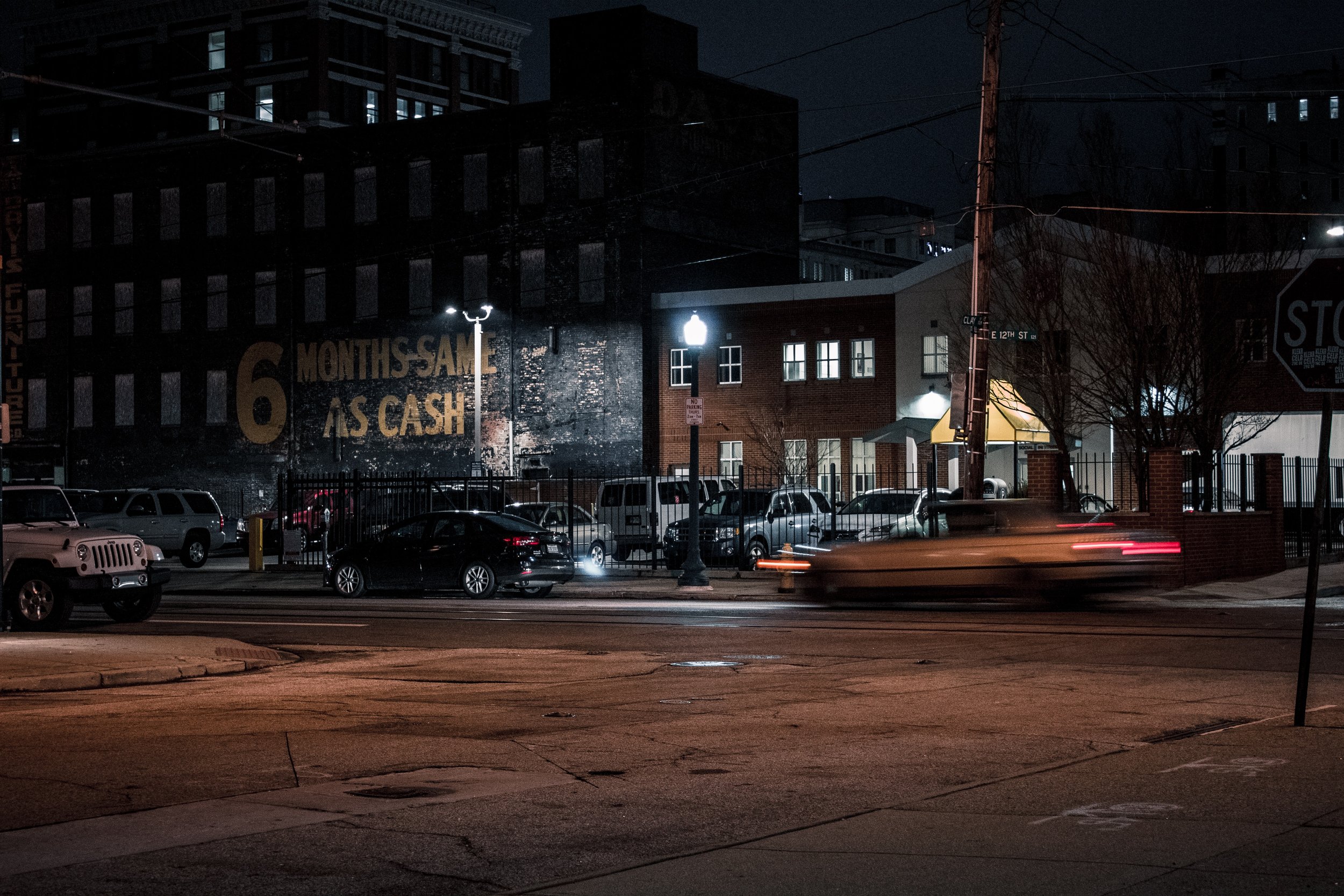Lauren Sandler is an award-winning journalist and author based in Brooklyn. Her most recent book is the bestselling This Is All I Got: A New Mother’s Search for Home, a work narrative nonfiction about a young homeless mother in New York. It was named a Notable book of 2020 by the New York Times. Lauren is the author of two previous books, the bestselling One and Only: The Freedom of Having an Only Child, and the Joy of Being One and Righteous: Dispatches from the Evangelical Youth Movement.
Lauren's essays and features have appeared in dozens of publications including Time, The New York Times, Slate, The Atlantic, The Nation, The New Republic, The Guardian, New York Magazine, and Elle. She has been on staff at Salon and at NPR, where she worked on All Things Considered, Morning Edition, Weekend Edition, and the Cultural Desk.
In addition to her journalism, Lauren has lead the OpEd Project’s Public Voices Fellowships at Yale, Columbia, UVA, and Dartmouth, and has taught in the graduate journalism program at NYU, where she has also been Visiting Scholar. She was a regular commentator for the BBC and has been interviewed nationally and internationally on many networks including CNN, PBS, CBS, NBC, and throughout public radio.










